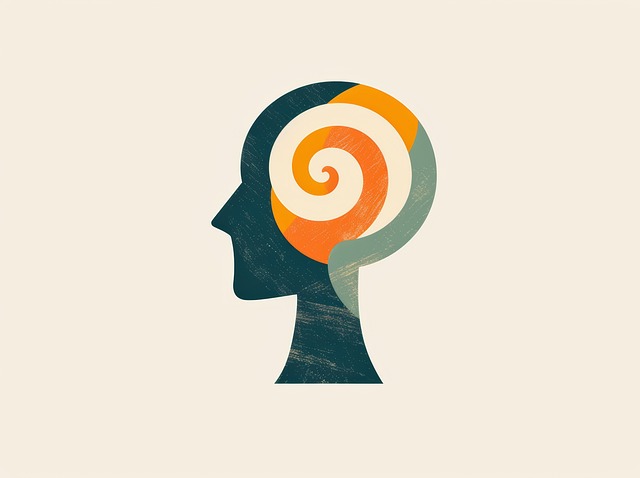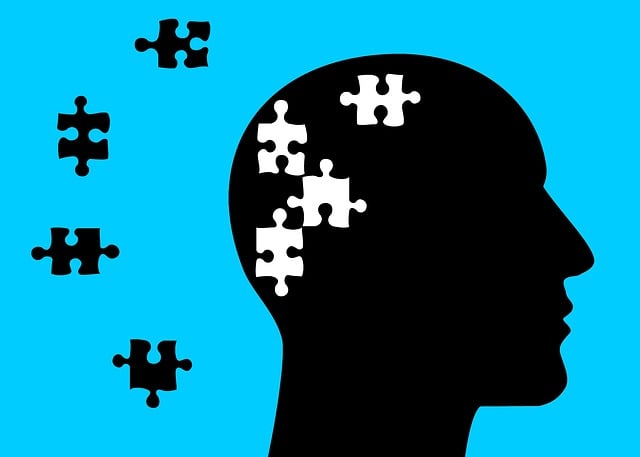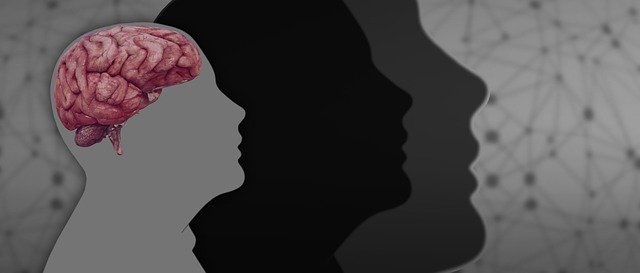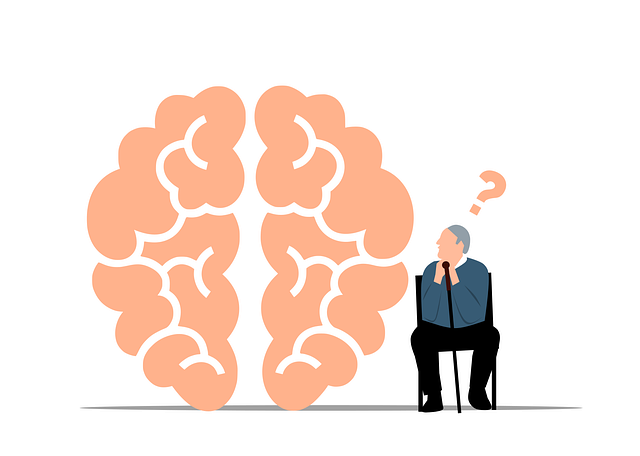Boulder Dialectical Behavioral Therapy (DBT) offers a unique, evidence-based approach to grief and bereavement, empowering individuals to navigate intense emotions post-loss. This comprehensive therapy combines cognitive behavioral techniques with mindfulness practices, teaching self-esteem improvement, social skills, and empathy building. DBT guides clients through the stages of acceptance and change, fostering resilience and inner peace while helping them find meaning and healing after significant loss.
Loss, grief, and bereavement are universal experiences that can profoundly impact our lives. This comprehensive overview delves into these complex emotions, offering a detailed look at the process of understanding, coping, and healing. We explore the power of Dialectical Behavioral Therapy (DBT) as a therapeutic approach for grief, focusing specifically on Boulder DBT—a unique journey towards healing after loss. By examining these aspects, individuals seeking support can navigate their emotional landscape with greater clarity and resilience.
- Understanding Loss, Grief, and Bereavement: A Comprehensive Overview
- Dialectical Behavioral Therapy (DBT) as a Therapeutic Approach for Grief
- Boulder DBT: Navigating the Healing Journey After Loss
Understanding Loss, Grief, and Bereavement: A Comprehensive Overview

Loss, grief, and bereavement are complex emotional experiences that vary greatly from person to person. Understanding these processes is crucial for anyone seeking support or considering counseling. When a significant loss occurs, whether it’s the death of a loved one, a breakup, or the end of a relationship, individuals often go through a series of stages characterized by intense emotions. These can include denial, anger, bargaining, depression, and acceptance, as described by the popular Kübler-Ross model. However, every person’s journey is unique, and some may experience these stages in a different order or skip certain phases entirely.
Boulder Dialectical Behavioral Therapy (DBT) offers a comprehensive approach to addressing loss and grief. DBT combines cognitive behavioral therapy techniques with mindfulness practices to help individuals develop coping strategies tailored to their needs. Through therapy, one can learn self-esteem improvement techniques, enhance social skills training, and explore empathy building strategies to navigate the challenging landscape of bereavement. This personalized support is vital in fostering resilience and helping people find meaning and healing after a significant loss.
Dialectical Behavioral Therapy (DBT) as a Therapeutic Approach for Grief

Dialectical Behavioral Therapy (DBT), originally designed to treat individuals with borderline personality disorder, has emerged as a powerful therapeutic approach for those navigating grief and bereavement. This evidence-based method focuses on helping clients develop effective coping strategies to manage intense emotions and improve their overall well-being during challenging times.
In the context of Boulder Dialectical Behavioral Therapy, therapy sessions often incorporate valuable tools such as conflict resolution techniques, self-care practices, and stress reduction methods. These skills empower individuals to confront and accept their grief while finding healthy ways to process and express their emotions. By learning to balance acceptance and change, DBT enables clients to navigate the intricate landscape of loss, fostering resilience and a sense of inner peace amidst the hustle and bustle of grief.
Boulder DBT: Navigating the Healing Journey After Loss

Boulder Dialectical Behavioral Therapy (DBT) offers a powerful approach to navigating the complex journey of healing after loss and bereavement. This therapeutic method, developed for individuals dealing with intense emotions and challenging life circumstances, provides valuable tools for coping with grief. DBT helps clients develop essential coping skills to manage their emotional well-being during this difficult time.
Through individual therapy sessions, group skill training, and phone coaching, Boulder DBT guides people in understanding and regulating their emotions, improving self-esteem, and fostering healthy relationships. The dialectical aspect encourages a balanced approach, acknowledging the reality of loss while also encouraging individuals to take action and create positive changes. This therapeutic journey promotes resilience, enabling those affected by grief to find hope, meaning, and eventual healing.
Loss, grief, and bereavement can profoundly impact an individual’s life, but with the right support, healing is possible. This article has explored these complex emotions and introduced Boulder Dialectical Behavioral Therapy (Boulder DBT) as a powerful therapeutic approach. By combining mindfulness, emotional regulation, and distress tolerance skills, Boulder DBT offers a comprehensive framework to navigate the challenging journey of healing after loss. Whether one has experienced the death of a loved one or is dealing with other forms of loss, this therapy provides tools to foster resilience and find meaning in the face of adversity.












